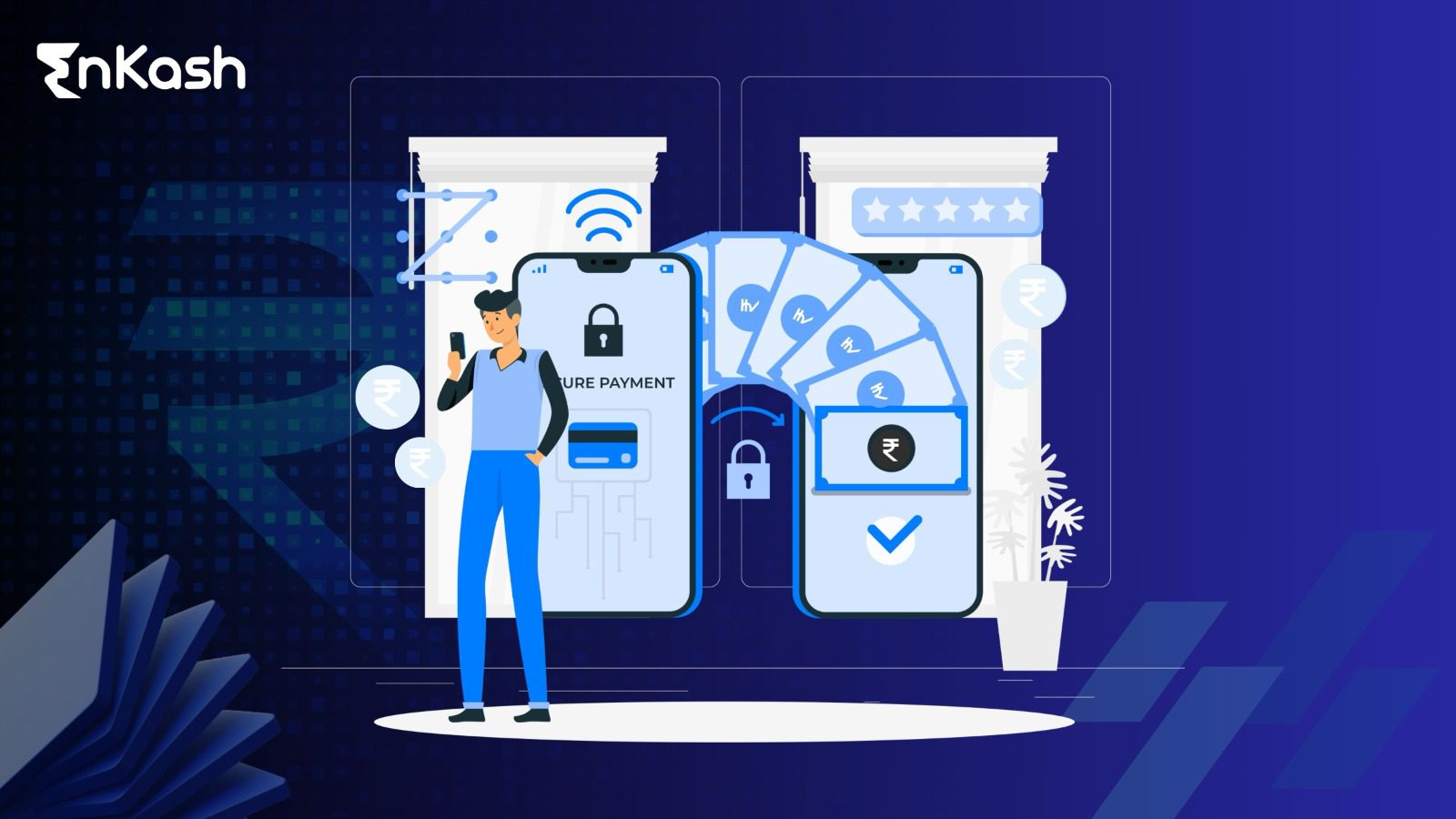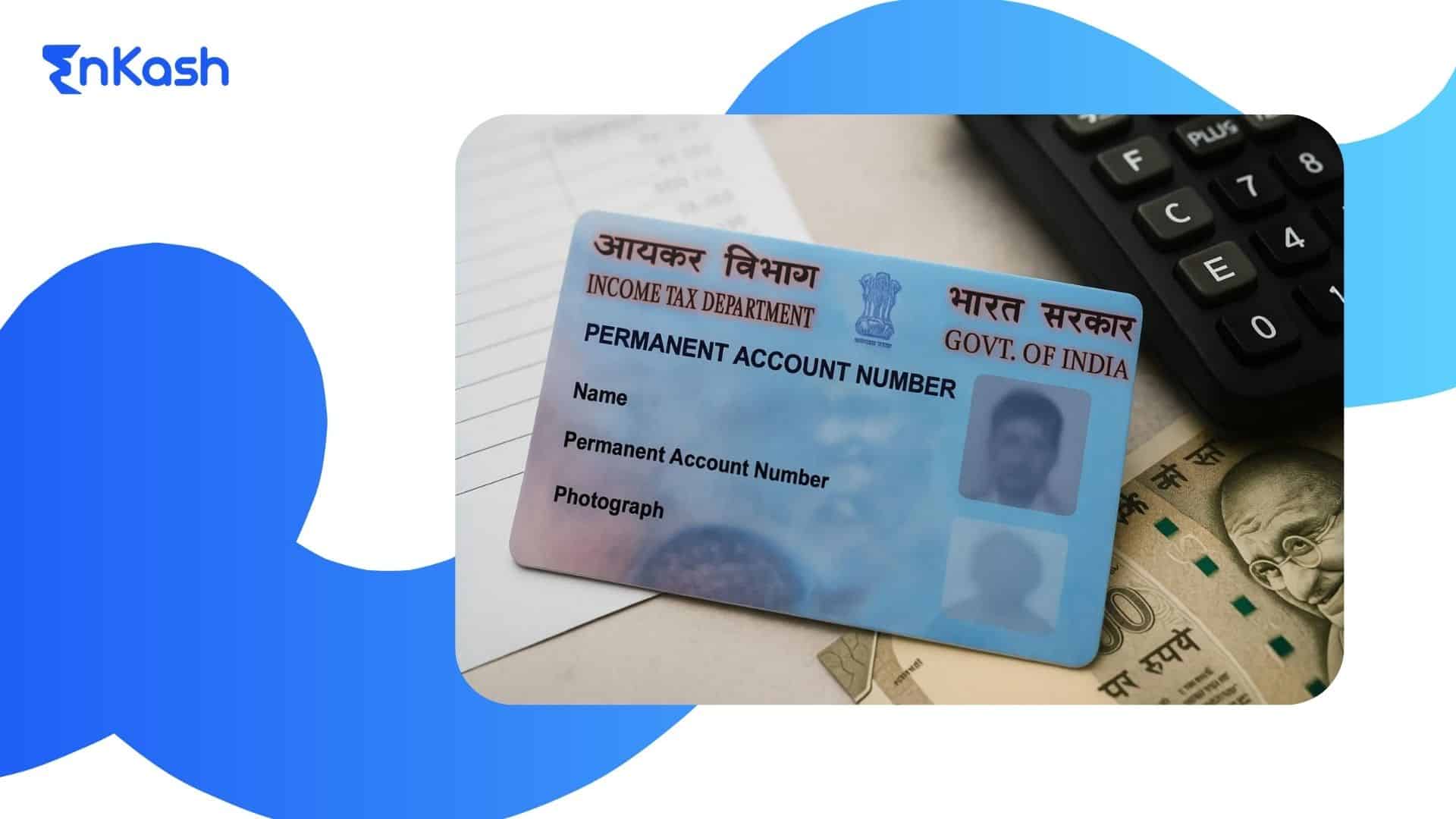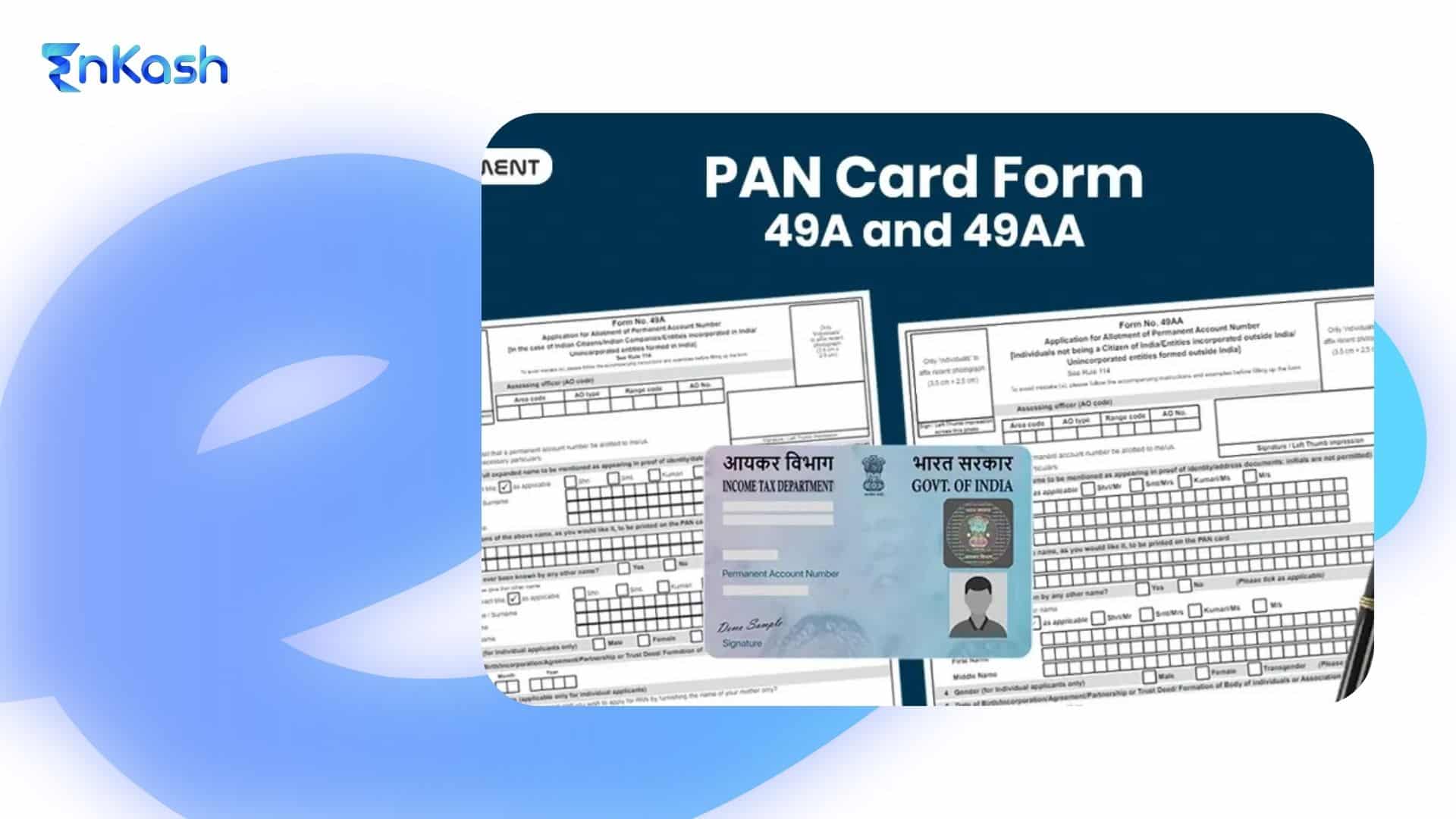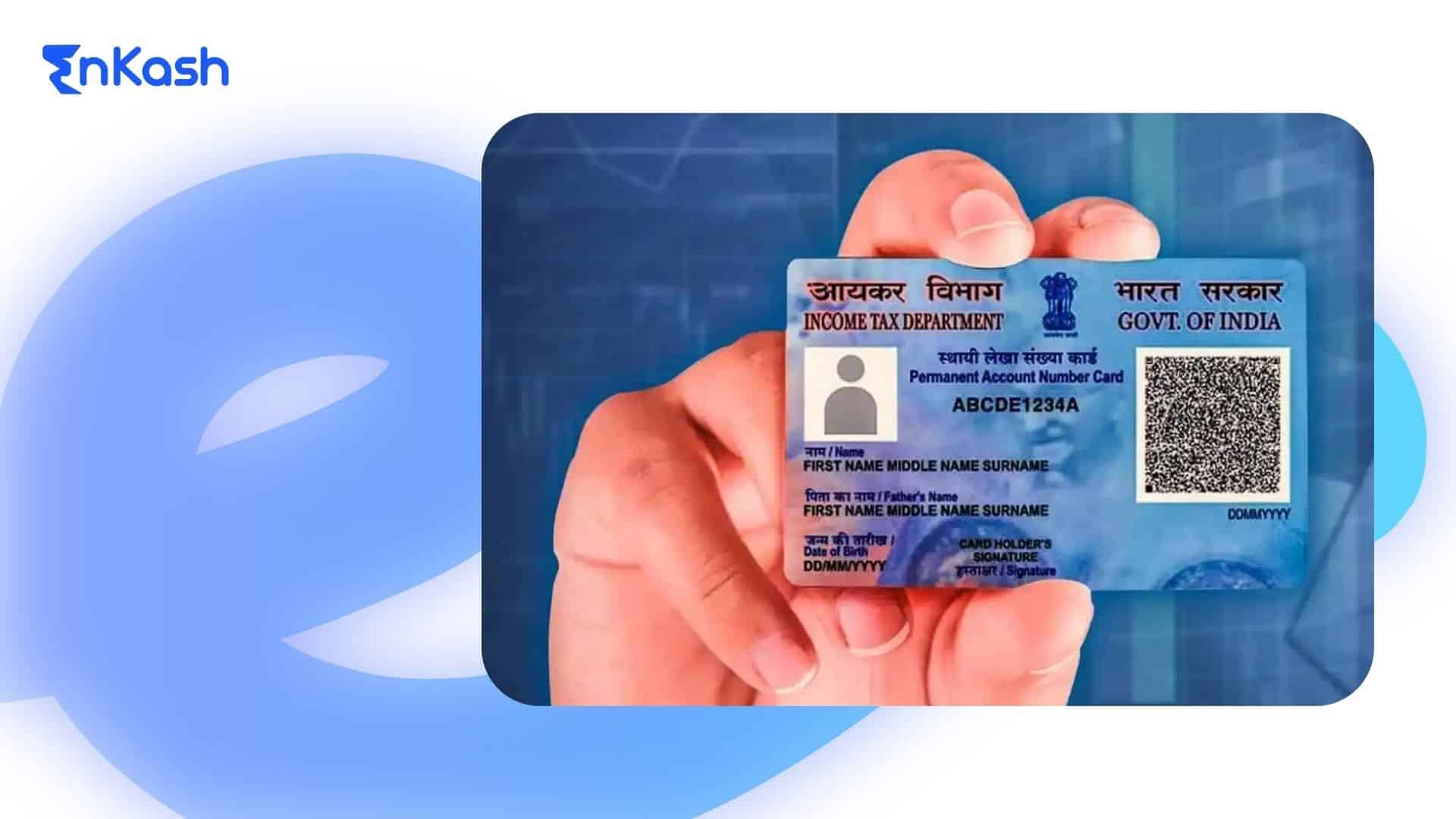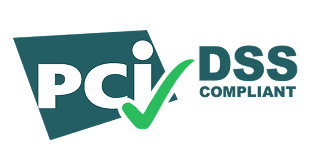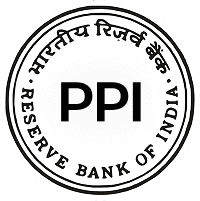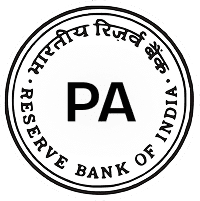In a significant move, the Reserve Bank of India (RBI) permitted many companies to operate as Payment Aggregators (PA) with licenses granted to them. This implies that organizations with a PA license can act as intermediaries between customers and merchants facilitating payments.
Nehat Tech Solutions, operating under the brand EnKash, has secured authorization for Olympus as a payment aggregator. A flourishing name in the payments industry, it is the first new company amongst the list of reapplicants to get a PA license.
Founded in 2018 by “Payments and Cards” industry experts, Hemant Vishnoi, Naveen Bindal, and Yadvendra Tyagi, EnKash is a pioneering force in facilitating Corporate Payments with innovative offerings for businesses.
The PA framework was introduced by the RBI in March 2020 stating that payment gateways need to have a license to onboard merchants and provide digital payment acceptance solutions. The intention behind this regulatory framework is to protect the interests of both consumers and businesses by confirming that payment intermediaries adhere to certain specified standards.
What are PAs and their role in the payments industry?
A third-party service provider that enables customers to make payments and businesses to accept them online is a payment aggregator. These aggregators allow businesses to accept payment via multiple payment methods like debit/credit cards, EMIs, UPI, bank transfers, digital wallets, and e-mandates.
Payment aggregators also facilitate payment distribution to partners, employees, suppliers, and authorities. Acting as a middleman between businesses and financial institutions, these aggregators allow businesses to enable various payment methods on their platforms.
These payment aggregators also eliminate the technical burden of building a checkout page that aligns easily with multiple payment methods.
What are the types of Payment Aggregators?
The two broad categories of payment aggregators are – Bank Payment Aggregators and Third-Party Aggregators.
The bank payment aggregators allow online payments from different payment methods. They do not require authorization from the RBI as they are operated by the banks. They have a higher setup cost and may not provide analytics as required by businesses for informed decision-making.
Third-party payment aggregators require authorization from the RBI to be able to operate. They take on the technical and operational burden required in managing payments from different payment methods. They integrate easily and require less maintenance making them suitable for small businesses. They provide analytics and services like adding sub-merchants.
How do Payment Aggregators work?
Let us understand the step-by-step process of how payment aggregators allow businesses to accept online payments.
Step 1: Onboard Merchants
The first and foremost step is to have a merchant account with the aggregator. The payment aggregators have their nodal account with the bank where their customer transactions are processed.
Step 2: Payment Window
After a working merchant account has been created, customers need to select a payment method and enter their payment details at the payment window. The payment aggregator tokenizes these details after performing a fraud check.
Step 3: Transaction Processing by Payment Aggregator
The transaction information is sent to the bank which has its nodal account by the payment aggregator. The bank further sends this information to the card company via a payment processor.
Step 4: Fraud Check
The card company does a fraud check considering the customer’s spending behavior. After the fraud check is done, the transaction information is sent to the customer’s bank.
Step 5: Payment Request Processing
The customer’s bank processes the payment request after verifying the funds required for the transaction and customer details. Once checked, the information is sent from the customer’s bank to the card network, then to the payment aggregator’s bank, then to the payment aggregator, and then to the business/merchant. The merchant then shares the status with the customer.
Step 6: Fund Request by Payment Aggregator’s Bank
After the transaction is approved, the payment aggregator’s bank requests the funds from the customer’s bank. The funds are stored in the nodal account.
Step 7: Fund Settlement by Payment Aggregator
The payment aggregator settles the payments it receives during the day on behalf of your business.
Payment aggregators facilitate secure payment processing with fraud checks in place. They can easily onboard merchants and enable easy payments by providing multiple modes of payment and a smooth checkout experience.
Besides Olympus, Razorpay, Cashfree, Gpay, Paymentz, Tatapay, Stripe, Juspay, Reward360, Open, Amazon Pay, Decentro, Zoho, Zomato, Digio, and Arthpay, have also received licenses to operate as payment aggregators as of February 2024.

